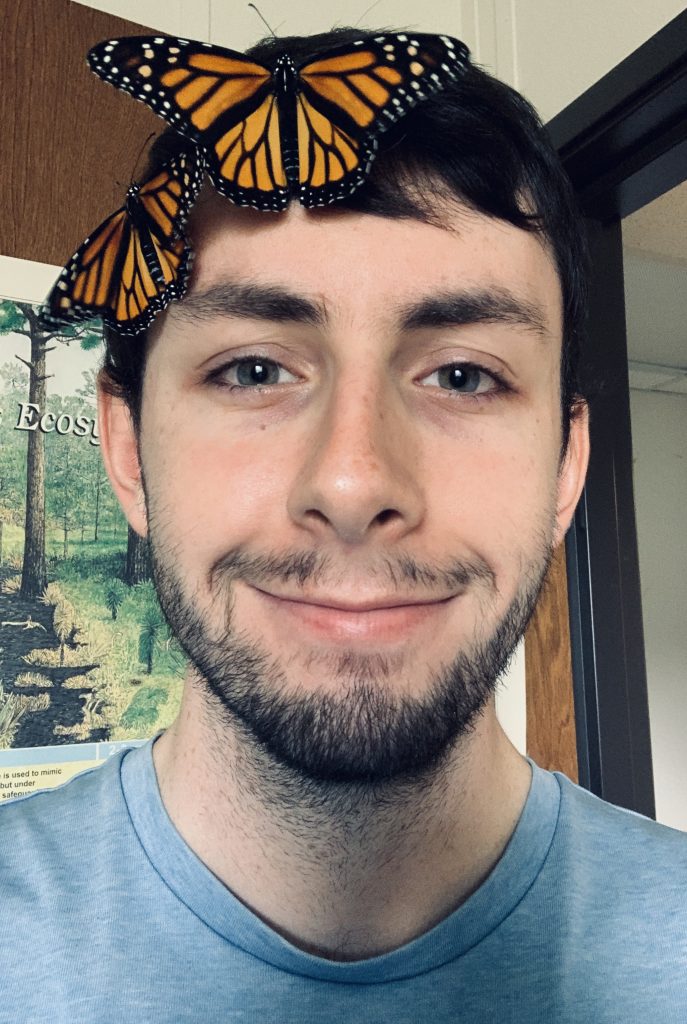By Tyler Carney, Gainesville, Florida

My interest in the natural world surrounding me began at an early age. My parents had a house that backed up to a small, but fairly active, wildlife preserve. They were not conservationists by trade, but both had tremendous respect for wildlife. We would frequently see deer, raccoons, red shouldered hawks, the occasional barred owl, a plethora of other birds like cardinals and woodpeckers, and even the seldom bobcat.
Sharks were my first true conservation interest at seven years old. Sharks were my everything, until they weren’t. Not that I don’t still care, respect, or love sharks now, but my conservation interests broadened dramatically over time. It wasn’t until my first semester at the University of Florida that I decided I wanted to get into environmental law. A B.A. in political science and a minor in environmental science? Everything was perfect until I got my LSAT test results.
Initially, I felt lost and depressed. My brother, a professional biologist who helped shape my interests as well, kept pushing me to try again. I like to think he saw potential, but me failing the LSAT was unexpectedly one of the best outcomes I could have hoped for. One day during my gap year (which turned into two gap years), I discovered a monarch caterpillar feasting on milkweed. It was a pivotal moment as I began researching more about monarchs and milkweeds. Before long, I ordered some swamp milkweed seeds from the Florida Wildflower Cooperative and I was able to successfully grow nearly fifty plants. I distributed them to friends and family, and when it came time to harvest their seeds, I beamed with excitement at the prospects. That was in 2017. In 2019 I grew well over one hundred plants. I became so passionate and so relentless in preaching about the milkweed gospel to people, I was dubbed “the milkweed man.”
But it wasn’t just monarchs and milkweed I was passionate about. I took a beekeeping class during my undergrad and, unknown to me at the time, it would become a major hobby of mine and fuel my career interests. Pollinators (all kinds, not just bees and butterflies) became my main focus and I looked into returning to school. I am now finishing my first year of a PhD program at the University of Florida where I am examining the economic valuation of pollination services and trying to advocate for more education and policies for pollinators.
Many people only associate pollinators with food production. While they do play a vital role in our food supply, they are also responsible for ensuring stable ecosystems and their actions contribute to a myriad of other ecosystem services beyond food production. Beyond their ecological importance, we have strong connections to pollinators. The shared curiosity and anticipation of watching a caterpillar turn into a butterfly. The tranquility of bees foraging on flowers. The astounding migration of the monarchs. The excitement of hummingbirds hovering in place. We depend on pollinators, and they are depending on us to protect them.

